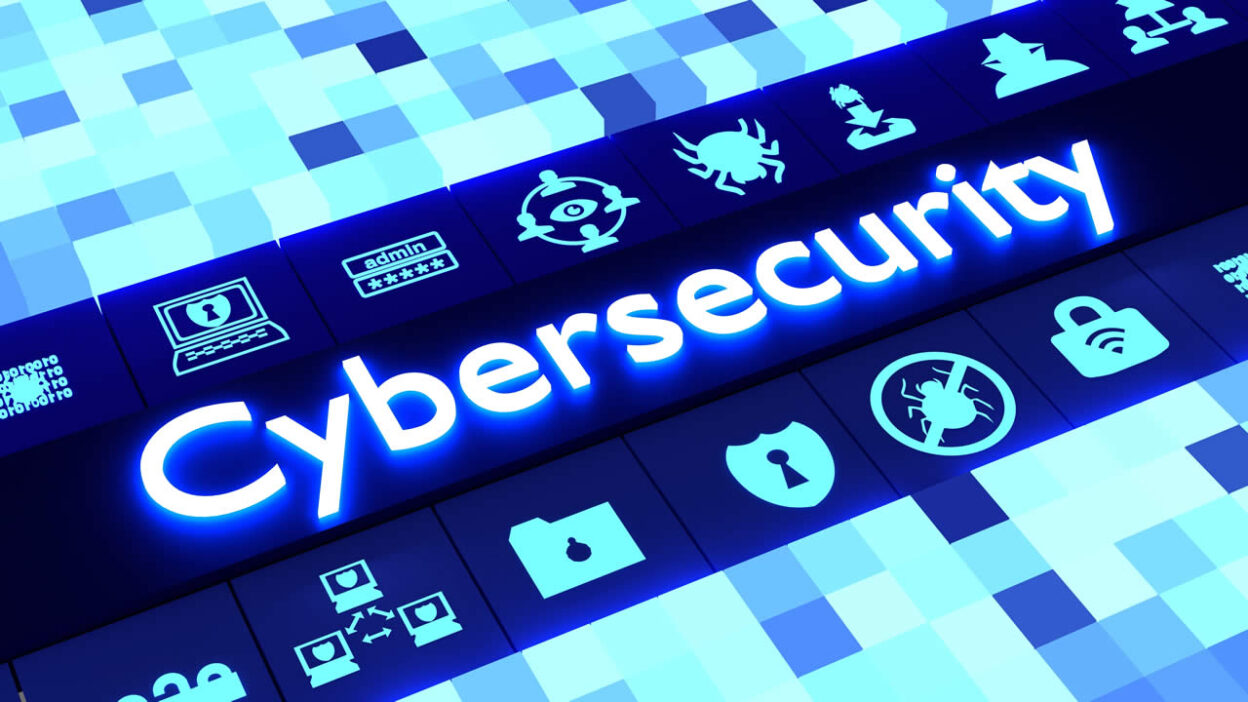Mauritius, a small island nation in the Indian Ocean, has made significant strides in positioning itself as a digital and financial hub in Africa. With its ambition to become a “Cyber Island,” Mauritius has invested heavily in ICT infrastructure, fostering a burgeoning tech ecosystem. However, as the country embraces digital transformation, it faces growing cybersecurity challenges, including data breaches, ransomware attacks, and vulnerabilities in critical infrastructure. To strengthen its cybersecurity ecosystem, Mauritius can leverage partnerships with advanced nations like France and others with robust cybersecurity frameworks. This article explores how such collaborations can enhance Mauritius’ cybersecurity capabilities, focusing on knowledge transfer, capacity building, regulatory alignment, and joint innovation.
The Current State of Cybersecurity in Mauritius
Mauritius has taken commendable steps to bolster its cybersecurity landscape. The establishment of the Computer Emergency Response Team of Mauritius (CERT-MU) under the National Computer Board and the enactment of the Data Protection Act 2017 demonstrate the country’s commitment to addressing cyber threats. Additionally, Mauritius ranks highly in Africa on the Global Cybersecurity Index (GCI), reflecting its efforts in legal frameworks, technical measures, and organizational structures.
However, challenges persist. Limited resources, a shortage of skilled cybersecurity professionals, and the rapid evolution of cyber threats pose significant hurdles. Small and medium enterprises (SMEs), which form the backbone of Mauritius’ economy, often lack the expertise and funding to implement robust cybersecurity measures. Furthermore, as a financial hub, Mauritius is a prime target for cybercriminals seeking to exploit vulnerabilities in banking and fintech systems. To address these gaps, international collaboration with advanced nations offers a strategic pathway forward.
Why Collaborate with Advanced Nations?
Advanced nations like France, the United States, the United Kingdom, and Singapore possess mature cybersecurity ecosystems characterized by cutting-edge technologies, well-trained workforces, and comprehensive regulatory frameworks. By partnering with these countries, Mauritius can access resources, expertise, and best practices that would otherwise take years to develop independently. Key benefits include:
- Knowledge Transfer: Advanced nations can share insights on emerging threats, incident response strategies, and advanced technologies like artificial intelligence (AI) for threat detection.
- Capacity Building: Training programs and certifications can address Mauritius’ skills gap, creating a pipeline of cybersecurity professionals.
- Regulatory Alignment: Harmonizing Mauritius’ cybersecurity policies with international standards can enhance its credibility as a trusted digital hub.
- Joint Innovation: Collaborative research and development (R&D) can drive the creation of tailored cybersecurity solutions for Mauritius’ unique context.
- Threat Intelligence Sharing: Partnerships enable access to global threat intelligence networks, allowing Mauritius to respond proactively to cyberattacks.
Strategic Collaboration with France
France, with its advanced cybersecurity ecosystem and historical ties to Mauritius, is an ideal partner. The French government has prioritized cybersecurity through initiatives like the Agence Nationale de la Sécurité des Systèmes d’Information (ANSSI), which sets standards for cybersecurity across public and private sectors. France’s expertise in areas like critical infrastructure protection, cyber defense, and public-private partnerships can significantly benefit Mauritius.
1. Knowledge Exchange and Training Programs
France can facilitate knowledge exchange through bilateral agreements, enabling Mauritian cybersecurity professionals to train at French institutions like the École Nationale Supérieure de Sécurité et de Défense (ENSSD). ANSSI could collaborate with CERT-MU to conduct joint workshops on topics such as threat hunting, incident response, and secure software development. Additionally, France’s private sector, including companies like Thales and Atos, could offer specialized training in areas like encryption, cloud security, and IoT protection.
To address Mauritius’ skills shortage, France could support the establishment of a Cybersecurity Academy in Mauritius. This academy could offer certifications aligned with international standards like CISSP, CEH, and CompTIA Security+, creating a skilled workforce capable of defending against sophisticated threats.
2. Public-Private Partnerships
France has a robust model for public-private collaboration in cybersecurity, exemplified by the Cyber Campus initiative, which brings together government, industry, and academia. Mauritius could adopt a similar model, with French support, to foster collaboration between CERT-MU, local businesses, and universities like the University of Mauritius. French companies could partner with Mauritian SMEs to provide affordable cybersecurity solutions, such as managed security services or endpoint protection.
3. Critical Infrastructure Protection
As Mauritius expands its smart city projects and digital government services, protecting critical infrastructure becomes paramount. France’s expertise in securing energy grids, transportation systems, and telecommunications networks can guide Mauritius in implementing resilient cybersecurity measures. For example, ANSSI’s Cybersecurity for Industrial Control Systems (ICS) framework could be adapted to safeguard Mauritius’ ports, airports, and power utilities.
4. Regulatory Support
France’s alignment with the General Data Protection Regulation (GDPR) offers a blueprint for Mauritius to strengthen its Data Protection Act. By harmonizing its regulations with GDPR, Mauritius can enhance its appeal as a trusted destination for foreign investment in fintech and ICT. France could provide technical assistance in drafting policies on data breach notifications, cross-border data transfers, and privacy-by-design principles.
Collaboration with Other Advanced Nations
While France is a key partner, Mauritius can diversify its collaborations to maximize benefits. Countries like the United States, the United Kingdom, and Singapore offer complementary strengths:
1. United States
The U.S. leads in cybersecurity innovation, with companies like Palo Alto Networks, CrowdStrike, and Microsoft driving advancements in AI-powered threat detection and zero-trust architectures. Mauritius could partner with U.S. institutions like the National Institute of Standards and Technology (NIST) to adopt frameworks like the NIST Cybersecurity Framework. Additionally, U.S.-funded programs, such as those under the Cybersecurity and Infrastructure Security Agency (CISA), could support Mauritius in developing national cybersecurity strategies.
2. United Kingdom
The UK’s National Cyber Security Centre (NCSC) is renowned for its proactive approach to cyber defense. Mauritius could join the NCSC’s Cyber Security Information Sharing Partnership (CiSP) to access real-time threat intelligence. The UK’s expertise in cybersecurity education, through programs like CyberFirst, could inspire Mauritius to launch similar initiatives to engage young talent in cybersecurity careers.
3. Singapore
As a fellow small nation with a thriving digital economy, Singapore offers a relatable model for Mauritius. Singapore’s Cyber Security Agency (CSA) has successfully built a resilient cybersecurity ecosystem through mandatory reporting of cyber incidents and incentives for SMEs to adopt cybersecurity measures. Mauritius could collaborate with Singapore to develop sector-specific guidelines for industries like tourism, finance, and ICT.
Building a Regional Cybersecurity Hub
By leveraging international partnerships, Mauritius can position itself as a regional cybersecurity hub for Africa. The country could host a Pan-African Cybersecurity Conference, supported by partners like France, to facilitate knowledge sharing among African nations. Additionally, Mauritius could establish a Regional Threat Intelligence Center, in collaboration with advanced nations, to monitor and respond to cyber threats across the continent.
Challenges and Mitigation Strategies
International collaboration is not without challenges. Potential obstacles include:
- Resource Constraints: Mauritius’ limited budget may hinder its ability to sustain partnerships. To mitigate this, the government could seek funding from international organizations like the World Bank or the African Development Bank to support cybersecurity initiatives.
- Cultural and Contextual Differences: Solutions from advanced nations may not align with Mauritius’ unique socio-economic context. To address this, collaborations should prioritize co-creation, ensuring solutions are tailored to local needs.
- Dependency Risks: Over-reliance on foreign expertise could undermine Mauritius’ sovereignty. To avoid this, partnerships should emphasize capacity building to enable Mauritius to develop self-sustaining cybersecurity capabilities.
Mauritius stands at a critical juncture in its journey to become a digital powerhouse. By forging strategic partnerships with advanced nations like France, the United States, the United Kingdom, and Singapore, Mauritius can enhance its cybersecurity ecosystem through knowledge transfer, capacity building, regulatory alignment, and joint innovation. These collaborations will not only strengthen Mauritius’ defenses against cyber threats but also position it as a trusted digital hub and a regional leader in cybersecurity. With a proactive approach and sustained commitment, Mauritius can secure its digital future and inspire other African nations to follow suit.






This post was just what I was looking for. You’ve helped me take my work to the next level!
Thank you! I’m passionate about the subject and love sharing what I learn.
Wow, you’ve outdone yourself! This post is packed with useful tips and advice.